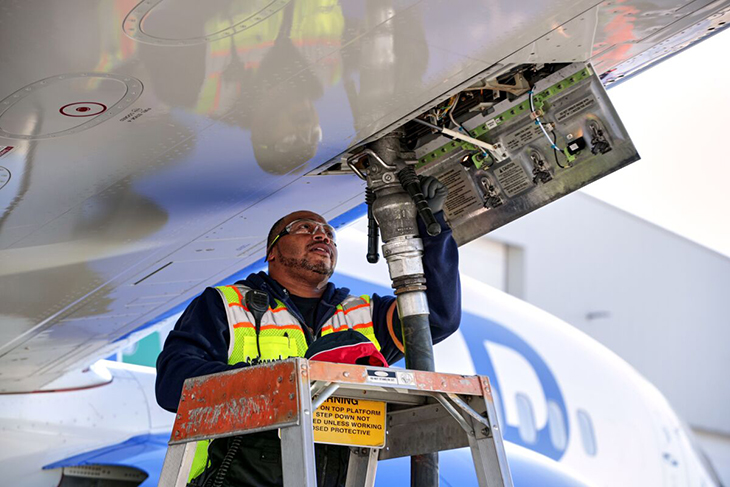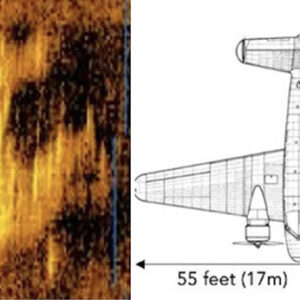
Aviation fuel is known to be more expensive than the regular transportation fuel that people use. This explains why airfares are actually more expensive, and with the recent inflation rates on the rise, you can expect airline companies to raise their prices as well.
Sustainable aviation fuel (SAF) might be the very solution to the problem. Aside from coming from materials that are cost-efficient and readily available, we will be using much less waste with this newest innovation coming from China.
A Chinese petroleum company was awarded the airworthiness certificate for their new biological jet fuel. What makes this fuel different from the rest is the fact that it’s made from used cooking oil, something that people never thought was possible.
This will be the first ever time that large scale production of bio jet fuel will be able to cater to the aviation industry in China. This happened after the first batch was transported to Airbus Tianjin last September 19th.
Moreover, the airworthiness certificate that they got meant that Sinopec now has permission to sell the bio-jet fuel. They manufactured the fuel at Sinopec Zhenhai Refinery and has made it available to aviation operators from different parts of the nation.
Admittedly the aviation industry is one of the last remaining transportation sectors that has no alternative to fossil fuels, but that’s something they gope to change in the near future. Western companies are also trialing bio-based fuels, included in the list is also cooking oil.
“With the airworthiness certificate, Sinopec can now sell bio-jet fuel to the entire civil aviation market, we will continue to expand the market and supply chain to build a full industry chain of bio-jet fuel,” said Mo Dingge. He is the CEO of Sinopec Zhenhai Refinery.
The refinery where the fuel comes from has an annual designed processing capacity of as much as 100,000 tons. The methods used adopt Sinopec’s bio jet fuel production technology (SRJET) in order to produce it. In fact, their very first batch came last June and they had produced around 600 tons.

Aside from being practical, this is so much better than the traditional petroleum-based aviation kerosene. The newest bio jet fuel made has the ability to reduce carbon emissions by as much as 50 percent throughout its whole lifecycle.
People can also take comfort in the fact that while this comes from used cooking oil, having it approved was no easy feat. That’s because China has very high and strict standards before they give out the airworthiness certification. They have to go through rigorous tests before they are given the order to operate in the air space and runways of other nations. Hence, this means that the fuel has reached the same exact standards of safety as the other major air traffic bodies such FAA in the U.S., or EASA, in Europe.
Before this had happened, experts from the Airworthiness Certification Center of the Civil Aviation Administration of China (CAAC) went to make an on-site evaluations at the Refinery. They went through each and every stage of operation, and this covered production, quality assurance, and testing.
Of course, the idea started years before. In fact, Sinopec was testing used cooking oil jet fuel since 2011. The refinery behind it was able to obtain Asia’s first global sustainable aviation fuel certification that was issued by the Roundtable on Sustainable Biomaterials back then, and this was what propelled China’s bio jet fuel to join the international market for other countries to try.
“Increasing the use of SAF remains a key pathway to achieving the industry’s ambition of netzero carbon emissions by 2050,” said Airbus in a statement.
They tested the fuel on an airbus and several other discontinued crafts. They wanted to see the three new experimental green hydrogen propulsion systems. Right now, SAF is almost done as a technology, requiring just a few adjustments before it can be utilized by existing passenger jets. Hydrogen, to this day, still provides better and lower reduction in flight emissions, and this is something that the Airbus brass are very interested in looking into.
“I strongly believe that the use of hydrogen—both in synthetic fuels and as a primary power source for commercial aircraft—has the potential to significantly reduce aviation’s climate impact,” Guillaume Faury, chief executive for Airbus, said last February.
What are your thoughts? Please comment below and share this news!
True Activist / Report a typo


